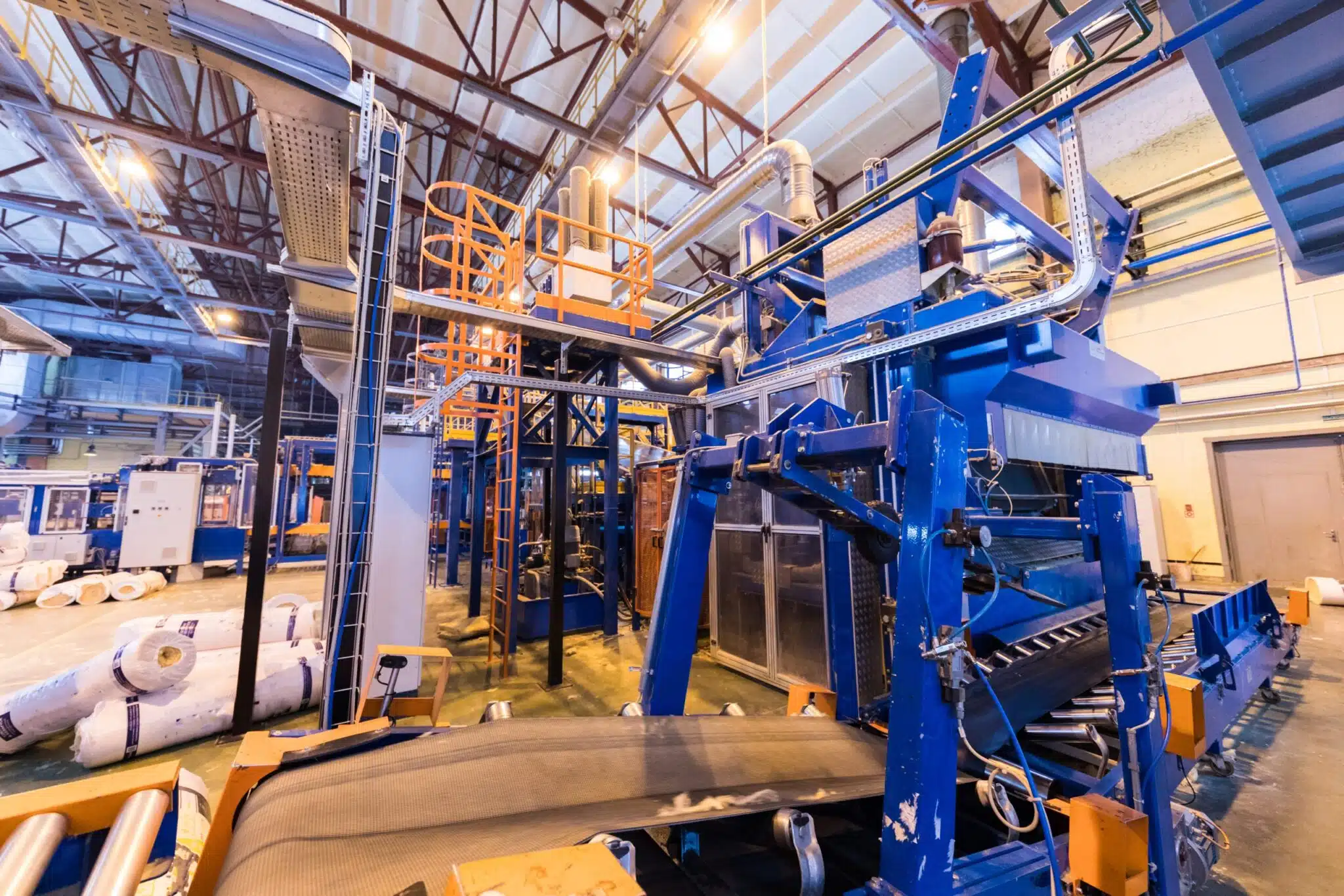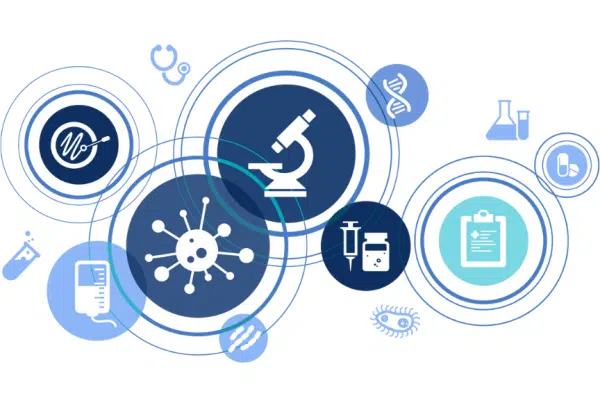The manufacturing industry is facing a serious labor shortage that will likely worsen. But, recruiting and retaining talent from diverse populations can fill available positions and give manufacturers a competitive advantage. Translation, localization, and interpretation experts can help you overcome challenges in diversifying your workforce, from working with you to develop a language access strategy to creating culturally-appropriate training materials and communication solutions.
Manufacturers are among many businesses facing a labor shortage. In 2021, manufacturers reported 500,000 unfilled jobs. And the need will likely get (much) worse. According to a recent Deloitte and Manufacturing Institute study, unfilled jobs will likely increase to 2.1 million by 2030. The continuing labor shortage is bad news for manufacturers and the economy as a whole, as the manufacturing industry has the highest multiplier effect of any economic sector.
Tapping Into Diverse Talent
Diversifying the manufacturing workforce will help to fill open positions. The 2020 census shows today’s US population is more racially and ethnically diverse than ten years ago, but the manufacturing industry is lagging in adapting to shifting demographics. ,
Not only will workforce diversification fill vacant positions, but it also provides business owners a substantial return on investment. Recent studies have shown that increasing diversity, equity, and inclusion (DEI) gives companies a competitive advantage—improving performance, motivation, productivity, innovation, market share, and organization management. Even small moves toward diversifying a workforce can have an immense financial benefit.
Identifying Inequities
To successfully build a more diverse workforce, manufacturers must address current employment inequities, such as lack of career progression, for diverse populations. In Deloitte’s 2021 study of the manufacturing workforce, only 18% of Latinx employees had access to formal career development programs, and only 41% of Black employees were satisfied with their current career progression rate.
Researchers have also noted a cultural mismatch between diverse employees and their work environments and reliance on non-equitable recruitment practices. Improving methods for seeking out talent, fostering workplace culture, and promoting and developing diverse employees will help manufacturers recruit and retain a more diverse workforce.
Optimize Workplace Development via Localization
Employers can improve learning and development experiences for diverse populations by localizing training materials. Providing training content in an employee’s native language and adapted for cultural preferences helps keep them up-to-date on the latest product information—giving employers a competitive advantage. Localizing training materials also increases buy-in, comprehension, performance, retention, and engagement.
Ally with Language Partners
How can manufacturers move forward with creating a more equitable and welcoming workplace? One first step is to partner with people experienced in building connections with diverse populations. Diversification requires more than just strategic outreach—it also requires a change in workplace culture. Translation, localization, and interpretation experts have the cultural proficiency and practical tools to help you communicate effectively with a more diverse workforce.
Language Partners Help You Plan
Successful diversification starts with an ambitious yet actionable plan. Unfortunately, only one in four manufacturers surveyed by Deloitte had a plan for diversification, and only two in four were confident in employing a more diverse workforce. Translation and localization experts can help manufacturers review their current practices and develop a comprehensive language access plan.
Localization can help drive diversification. Through localization services, experts work with you on a granular level to tailor materials to avoid taboos and appeal to cultural preferences. Experts familiar with the communities you want to reach will know how to help you attract (and not dispel) talent.
Similarly, translation and interpretation services ensure crystal-clear communication with potential and existing employees. Translation and interpretation experts understand how to communicate in a way that promotes DEI.
Good Communication Fosters Inclusivity
Retaining a diverse workforce requires creating a culture of belonging. Start by ensuring corporate leadership demonstrates a commitment to inclusivity and reflects the diversity you wish to see. Managers also can play an important role in fostering an inclusive workplace by valuing the preferences of diverse employees and ensuring equitable pipelines for upward mobility within the organization. Efforts at cultivating a welcoming work environment will more likely succeed when leadership is engaged.
Language solutions can support employee retention. Accurate translation ensures any communications (verbal, email, app-related, written) carry the appropriate meaning and that training materials and website resources are accessible for non-native English speakers. Similarly, interpretation solutions help ensure employees with limited English proficiency can participate in workshops, conferences, and meetings.
Diversifying your manufacturing workforce will pay off in filled positions and profits. To meet the challenges of recruiting and retaining a diverse workforce, partner with language solution experts who know the manufacturing industry inside and out and can connect you with local resources and tailor your approach to succeed.








